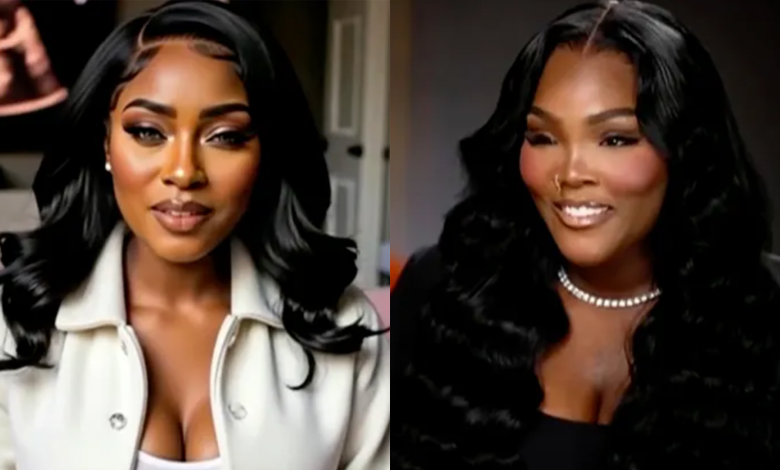Xania Monet’s Creator, Telisha ‘Nikki’ Jones, Defends AI-Generated Singer: ‘Xania Is An Extension Of Me’


Artificial intelligence is increasingly entering the music world, with AI-generated artists gaining attention on charts and in media coverage.
As AFROTECH™ previously reported, Telisha “Nikki” Jones, a poet and entrepreneur from Mississippi, has made headlines for her AI creation, Xania Monet. The artist’s debut single, “How Was I Supposed to Know?,” has already secured Jones a multi-million-dollar recording contract with Hallwood Media following a competitive bidding process that reached $3 million.
In an interview with “CBS Mornings” co-host Gayle King, Jones discussed her approach to creating Xania Monet.
The 31-year-old emphasized that she writes all of the lyrics herself, often drawing from poems she has been composing since she was 24.
“There’s real emotions and soul put into those lyrics,” Jones said. She added that “How Was I Supposed to Know?” was inspired by the death of her father when she was 8 years old.
After writing the lyrics, Jones uses the AI platform Suno to produce Xania Monet’s music. She selects prompts that define the song’s style and sound, including “female voice,” “soulful vocals,” “slow tempo,” “R&B style,” “light guitar,” and “heavy drums,” as noted in the interview. Suno generates multiple versions of each track, which Jones reviews and adjusts until she achieves the final version.
“Xania is an extension of me, so I look at her as a real person,” she told King.
King pressed further on the question of authenticity, noting that Xania Monet is not a real singer and that Jones herself does not sing. Jones responded, “I wouldn’t call it a shortcut, because I still put in the work. Anytime something new comes about and it challenges the norm… you’re going to get strong reactions behind it. And I just feel that AI is the new era that we’re in. I look at it as a tool, as an instrument. Utilize it!”
Some artists, including Grammy-nominated singer Kehlani, have publicly criticized AI-generated music, King states, citing concerns about its impact on artists who have trained and performed for years. Jones acknowledged these views during the interview.
“Everyone is entitled to their own opinion… Technology is evolving,” Jones said. “Everybody has different ways of putting in the work to get to where they’re at. I don’t feel a way about it. I still love Kehlani’s music. I still listen to her music every day.”
Cultural considerations have also come up in the debate over AI music. When King asked whether creating a Black-sounding AI could be seen as digital blackface if developed by someone outside the culture, Jones responded: “I mean, if they created it! … But that’s why I’m here today to let them know, I’m Telisha. I’m a part of your culture. I’m a Black woman. I’m a creator. I’m an entrepreneur. I created Xania.”
According to King, Xania Monet’s music is currently listed on five Billboard charts, including R&B Digital Song Sales, Emerging Artists, and Adult R&B Airplay.
Hallwood Media, led by former Interscope executive Neil Jacobson, expressed its support for Jones and her use of AI in music, as King noted at the end of the interview.
“What Jones has done with Xania Monet represents the future of music,” the company said. “AI is breaking down barriers… giving creators who might not have had a traditional path into the industry the chance to bring their stories and ideas to life while connecting directly with listeners.”




